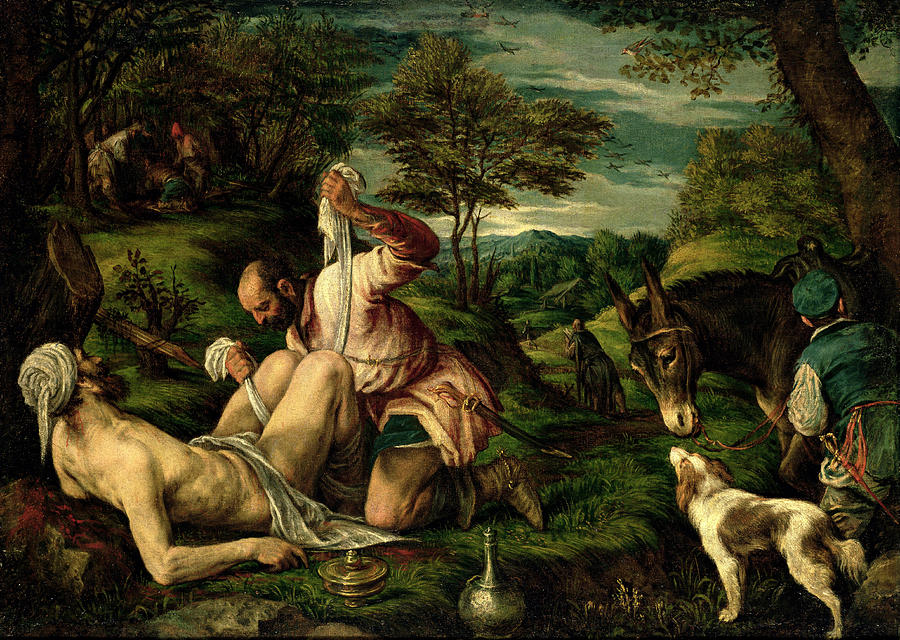
If God is dead, where does that leave bioethics?
A new edition of the Journal of Medicine and Philosophy discusses the impact of secularism on bioethics.
Religion had a significant influence on early bioethics scholarship. Many of the first ‘bioethicists’ had been theologically trained, and bioethical debate was driven in part by religious concerns about new developments in medicine and biomedical science.
A new edition of the Journal of Medicine and Philosophy considers how the rise of agnosticism in Western societies has impacted on the discipline of bioethics. Several ethicists offer analyses of how the disappearance of a public Christian culture has affected both the tone and content of bioethical debate. The edition focuses in particular on the work of the late H Tristam Englehardt.
In his editorial, St Edwards University ethicist Mark Cherry discusses Englehardt’s assessment of the rise of pluralism in Western societies and the consequent decline of a objectivist understanding of practical morality. Edwards suggests that the demise of a ‘canonical’ source of truth in religious belief has led to a situation in which moral debate has become ‘interminable’:
Without the ability to appeal to unconditioned moral meaning or to an unconditioned absolute perspective on reality to secure a canonical moral perspective, there can be no moral truth per se. There are only the particular moral intuitions that different persons affirm. This is why, for example, central concerns, such as in vitro fertilization with embryo wastage, the use of donor gametes in third-party-assisted reproduction, physician-assisted suicide, and other forms of medically assisted dying, are no longer appreciated as serious matters of morality and bioethics. Each has been deflated and demoralized into mere personal lifestyle and death-style choices
The other contributors to the edition respond to Cherry’s rather pessimistic assessment of the fate of bioethical discussion. Andrew Lustig of Davidson College suggests that we need not look to philosophy for canonical truth, but should instead see it as a source of reliable means-ends reasoning that will deliver different conclusions in different social contexts. Such a pragmatic approach does not leave us paralysed by intractable moral disputes.
Christopher Tollefsen responds in particular to Englehardt’s critique of Catholic bioethics, according to which Catholic bioethics is lapsing into a form of ‘weak’ theology and virtual capitulation to secularism. For Catholic bioethics to retain its vigor, Tollefsen argues, reason must maintain its fidelity to the magisterial teaching of the Church, while still engaging with secular ethics:
in my view … future bioethics, if it is to avoid descent into secularism and weak theology, must share the key features of [New Natural Law theory]. A return to the manualist tradition, to voluntarist forms of Thomism, and to a Scholasticism detached from engagement with secular ethics, on the one hand, is not sustainable; yet capitulation to the culture in the form of proportionalism or a purely “pastoral” bioethics, is likewise no answer to our current crisis of bioethics.
If God is dead, where does that leave bioethics?
Creative commons
https://www.bioedge.org/images/2008images/good_samaritan.jpg
catholic bioethics
religion
secularism
